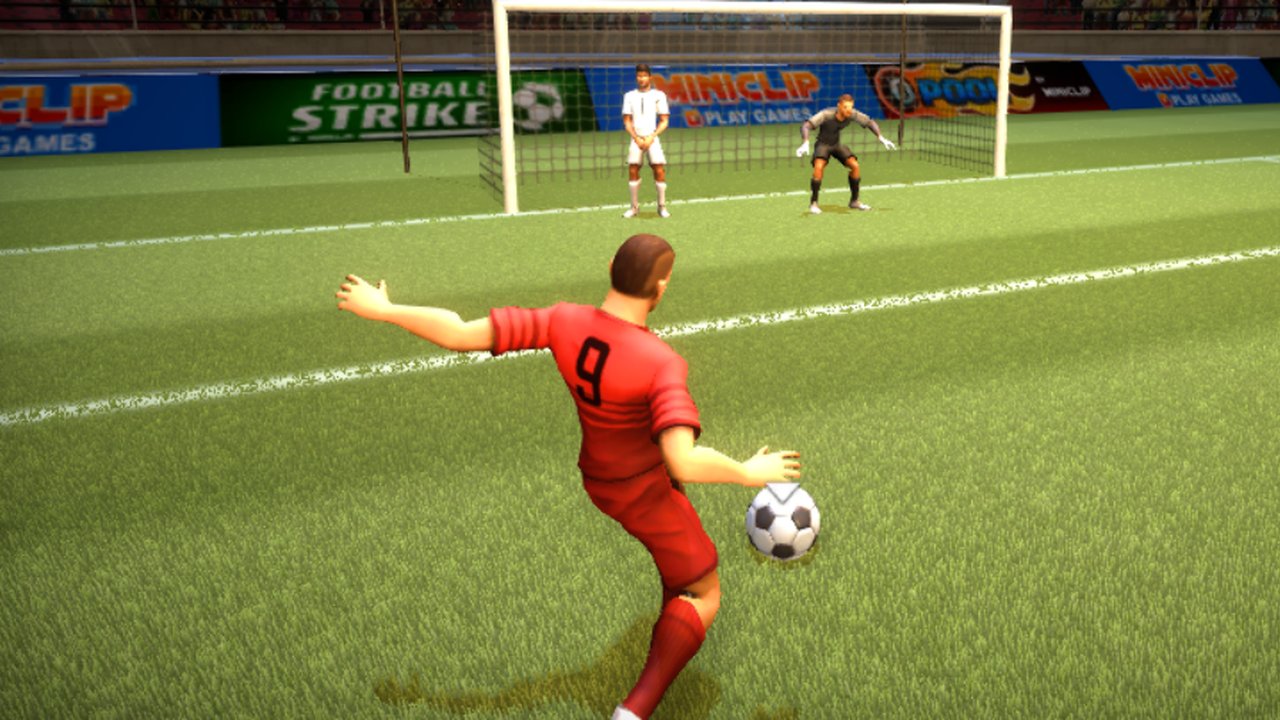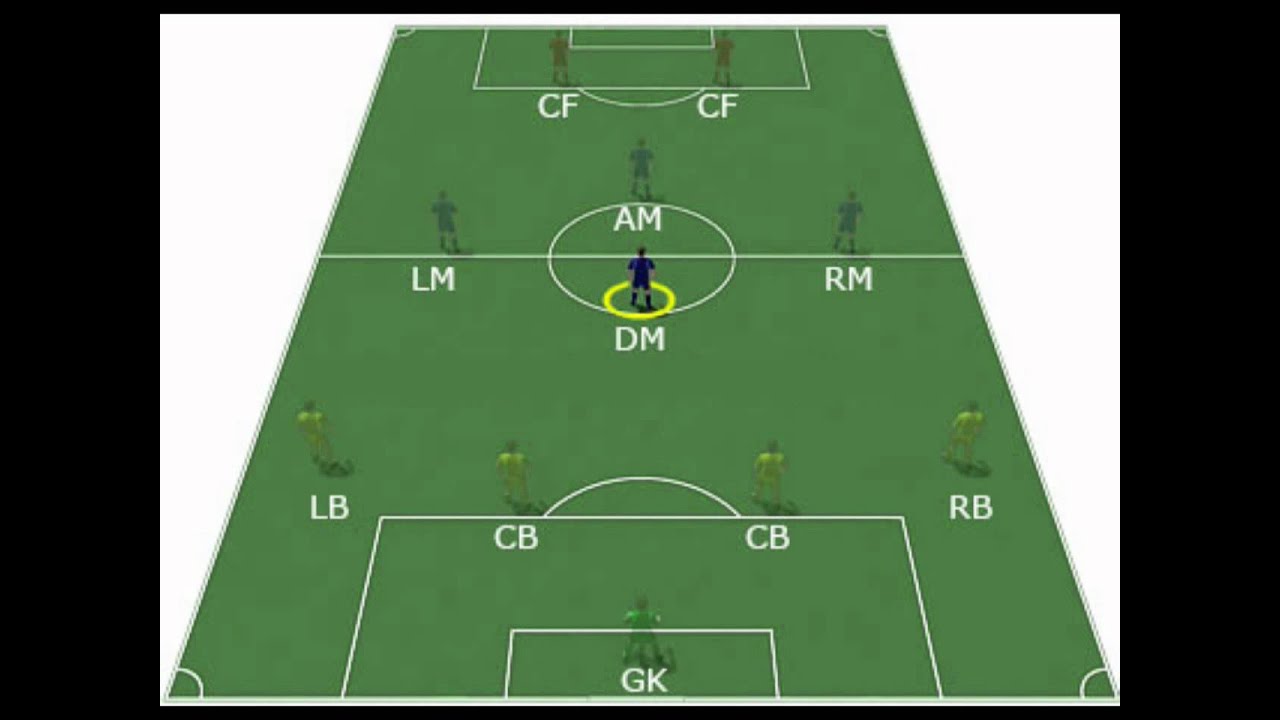
Have you ever wondered how long an extra minute took? Extra time can make or break a tie and is an integral part to the game. It is a coin toss that determines which team starts with the ball in extra-time. Extra time is usually played in full, and it is also used to break ties.
Extra time in soccer is like a coin toss
The coin toss, a popular part of soccer, is common. It's used to determine whether the team plays defense or offense, as well as for penalty kicks. If the teams have been tied, the toss may be used for deciding the winner. Although most soccer fans accept the coin toss, there are still some who feel it unfair.
Extra time is used in professional soccer when a game ends in a tie after regulation time. Extra time refers to a period of fifteen minutes, with stoppages in between. The team with more goals wins. In some cases, penalties may be necessary. Extra time is rarely needed outside of tournament games, regardless of the type or soccer match. Therefore, it's best to know what you're getting into before watching a game.

It's used to end ties
In the World Cup soccer tournament's championship round, the winner is determined by a tie-breaking procedure known as a penalty kicke. Each team selects five penalty kickers in the prescribed order. The process continues if the score is tied after 10 penalty kicks. A golden goal was used earlier to break any ties. Today's game will see a penalty kick. This is awarded to the team with the most goals in a period of 90 minutes.
Extra time is often added to soccer matches that are played on two legs. Rules dictate that if there is a tie between the two legs, a shootout must take place to determine who the winner. This is where the away goals rule applies. In domestic soccer leagues, the rule is different. Games can be extended up to 30 minutes if the score is tied after two halves. However, UEFA intends to remove this rule from club competitions in the 2021-22 season.
It is played at full
The goal is to win. The goal is for soccer players to remain on the field until the final whistle. This is to avoid the old trick where a team scores a goal in the final minutes. Each team must maintain their concentration levels and play in the extra time. Players who are tired will be unable to concentrate and make errors. Soccer players should learn to slow down the heart rate and to use other energy management methods.
FIFA rules provide the basis for the added time rule. Soccer matches must last 90 minutes, but they can go longer than that depending on the situation. The game may be stopped for substitutions or to allow the players to rest. The minimum time for a soccer match must be 90 minutes. However substitutions may be made, fouls may be argued over, or players are hurting. Extra time is permitted for injuries.

It's a coin-tossing game
At the start of soccer matches, and in overtime shootouts, a coin toss can be used. This random selection determines whether a team will play in their offensive or defensive half of the field. In the event of a foul, the coin throw is often used as a way to determine who will be awarded the ball. Because soccer is implicitly fair, the coin toss is rarely used. There is no advantage in kicking off in either the first or defending half. Extreme weather conditions and other events can affect coin toss results.
Although soccer games usually end in a tie after regulation, the decision about who kicks off and defends the goal is often made on the basis of a coin toss. Extra time is used to resolve a tie in soccer. In these cases, the coin toss is used to determine who gets the ball first. After the extra time expires, the teams will switch their roles.
FAQ
Where can I get cheap soccer equipment
Sports gear stores often have affordable soccer gear. There are usually soccer balls, shin protectors, jerseys, as well other items, at discount department shops. You can also check out online retailers like Amazon.com.
What is the role of a striker in soccer
Strikers are often the fastest players on a field. They are skilled at running up and down the field, and then shooting the ball towards the goal of their opponent.
What are the various types of soccer balls available?
There are three types of soccer balls available: indoor, outdoor and training. Indoor soccer balls can only be used in practice sessions. Outdoor soccer balls are built to withstand extreme weather conditions like rain and wind. These training balls are designed for children.
What does a football attacker do?
They are often the most skilled passers on the pitch. They pass the ball to forwards or midfielders, who then distribute it to other players. Attackers are typically agile and quick and are expected score many goals in a match.
What is a penalty kick?
Penalty kicked are when a player is found guilty of a serious or dangerous offense. Referees award penalties to the opposing side when a player commits a serious foul or dangerous play. The referee gives the opposing side a penalty kick. This allows them to score a goal if the ball is in the goal before the clock runs out.
What is soccer?
Soccer is an international sport. It involves two teams that play on a rectangular playing field with a goal at either end. The goal of the game is to score as many goals as possible in order to win. In addition, there are rules governing how the ball may be handled and who can play it. While soccer was a sport that has existed since the late 1800s, in England it was not recognized by FIFA until its first international championship in 1930. Today, there are more than 200 countries with national federations which manage their own tournaments and leagues. Over 3 billion people play soccer worldwide as of 2016.
What does the "A" in soccer stand for?
The letter "A", which stands for Association Football is the official title of soccer. The game's name, association, comes from the fact it was created in England by Oxford University students.
Statistics
- The word "soccer" is a British invention that British people stopped using only about 30 years ago, according to a new paper by University of Michigan professor Stefan Szymanski. (businessinsider.com)
- The Laws of the Game do not specify any player positions other than goalkeeper, [74] These positions are further subdivided according to the area of the field in which the player spends the most time. (en.wikipedia.org)
- They are not just good at dribbling because they are talented alone, but because they put in 100% effort during every practice. (coachtube.com)
- From the 1850s onward, industrial workers were increasingly likely to have Saturday afternoons off work, and so many turned to the new game of football to watch or to play. (britannica.com)
- the estimated cumulative television audience for the 2006 World Cup in Germany was 26.2 billion, an average of 409 million viewers per match. (en.wikipedia.org)
External Links
How To
How do you receive the ball in soccer?
There are three main ways that you can receive the ball in football. They are dribbling or passing the ball, or shooting. Dribbling refers to when you run toward the ball while holding it. You may use your hands or feet to do this. Passing involves moving the ball with your hands. Shooting is the act of kicking the ball into the air. There are many ways to improve your ability to receive the ball. Below are some examples.
Dribbling
-
Make sure that you don't come into contact with any other person while you're running. You'll lose the ball control if you do.
-
Keep your head high and keep your eyes open. This helps you see where the ball is going.
-
Consider passing the ball when you can. If someone passes to your, you should attempt to pass the ball to them.
Passing
-
Be aware of the movements of other people. It is important that you know if they are about pass the ball to you or not.
-
You should pass the ball quickly. To avoid being tackled by your opponent, don't pass the ball slowly.
Shooting
-
Practice different shots. Doing this will improve your power and accuracy.
-
Be creative and shoot from all angles. Don't just aim straight at the goal. Instead, aim slightly higher or lower than the goal line.
These tips can help you to be a great stomping ground receiver.